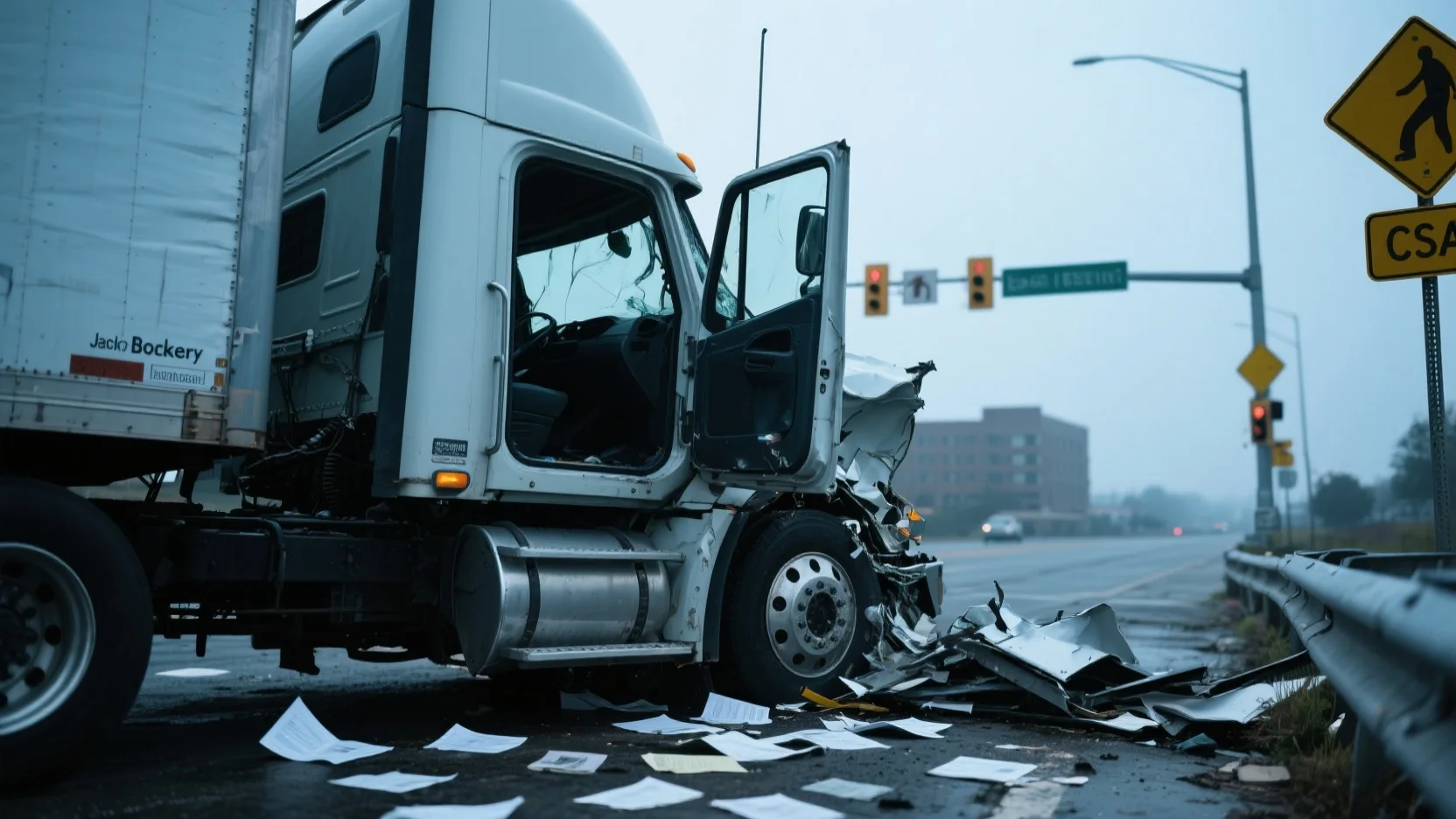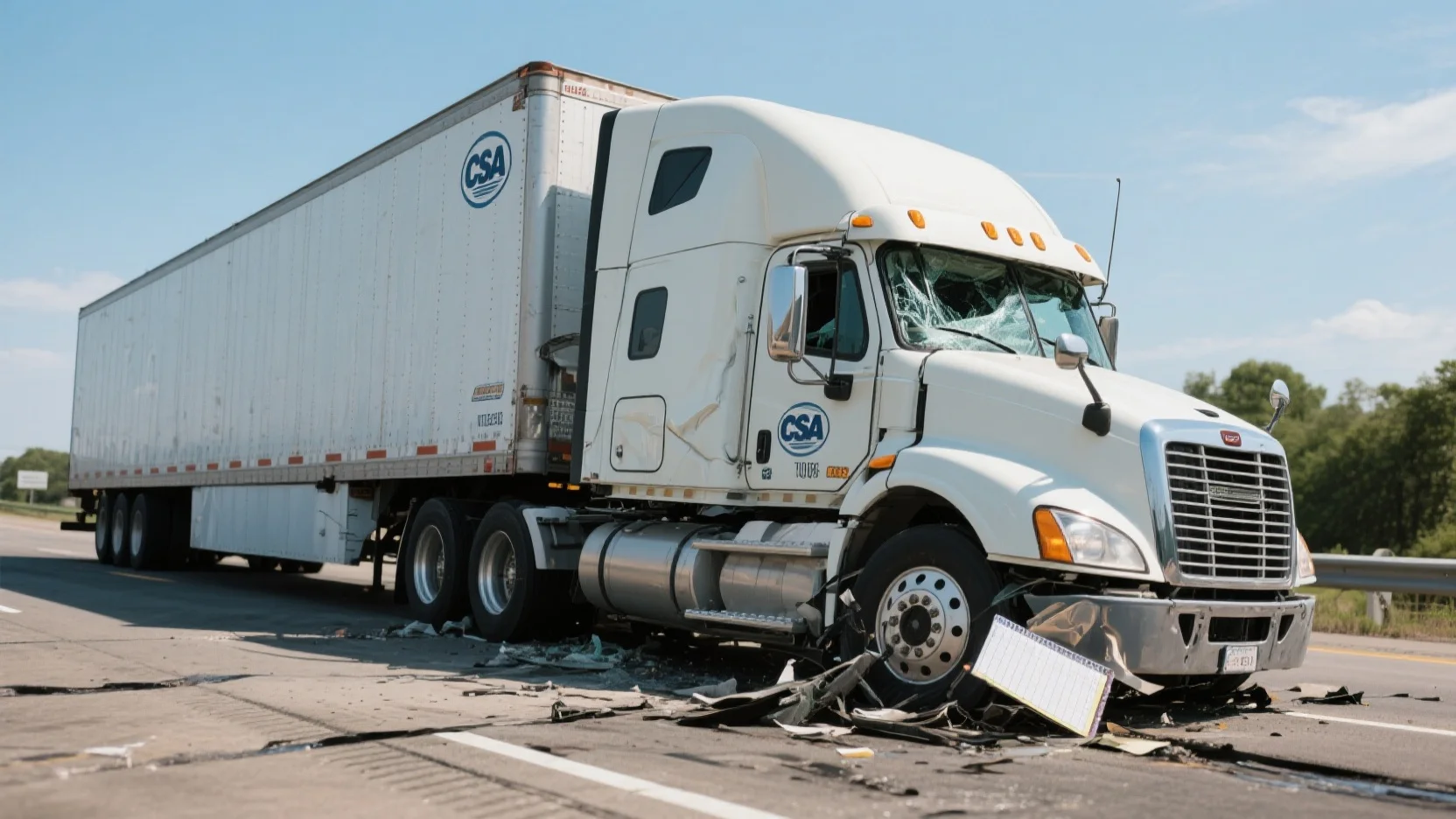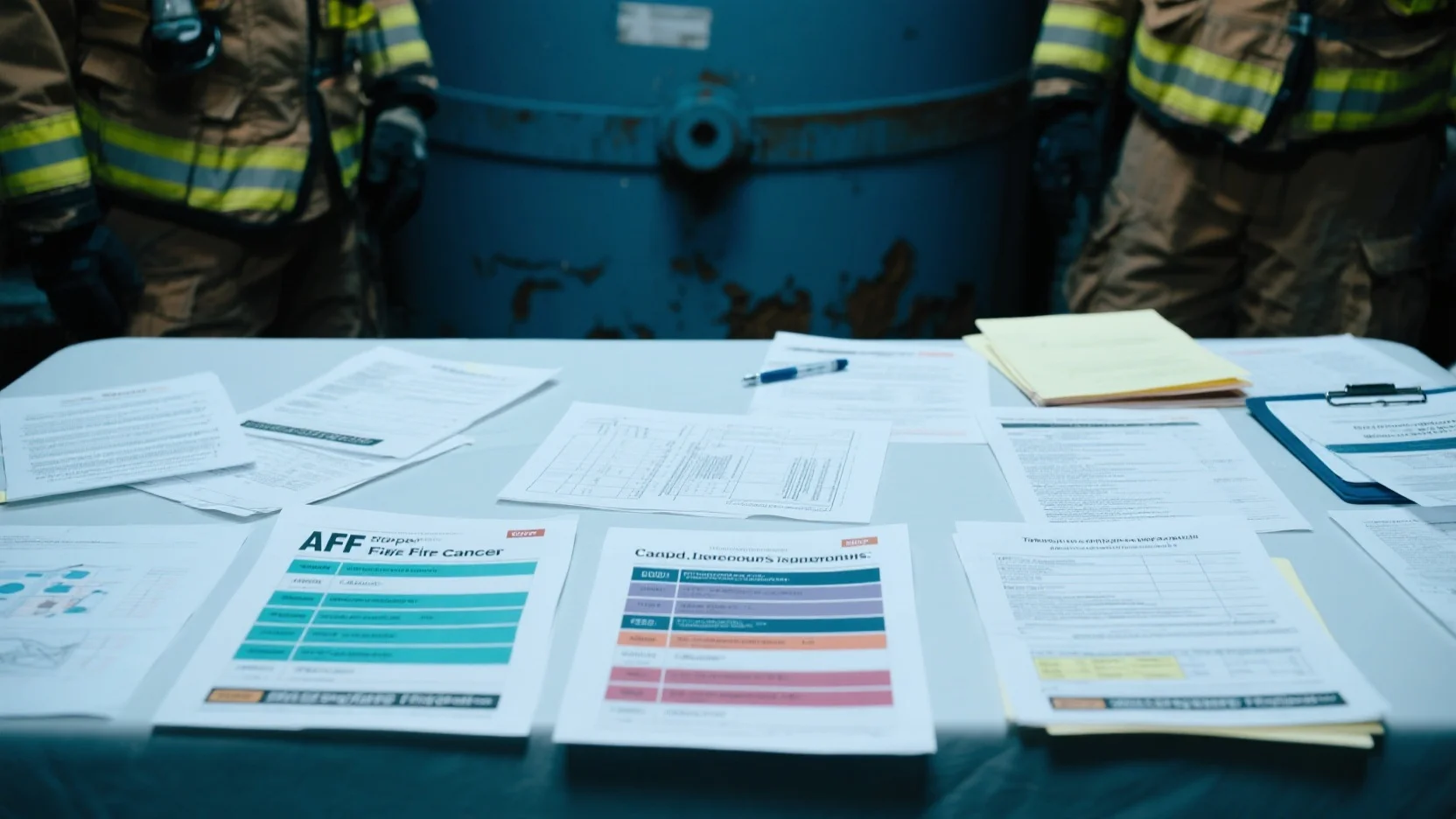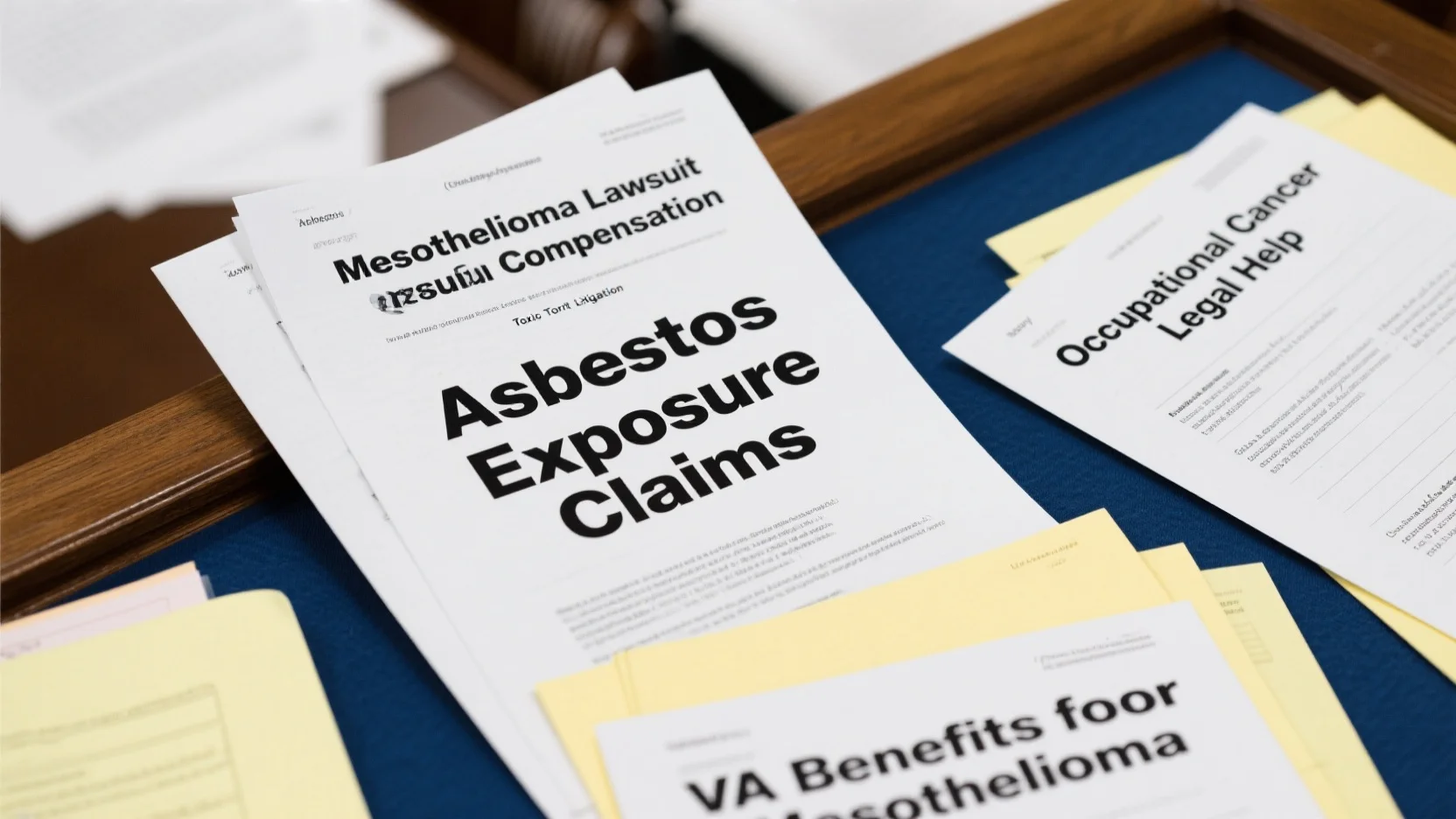Are you in the commercial vehicle industry and worried about liability? In the US, truck – related fatalities are a major concern, with Texas topping the list in 2020 (SEMrush 2023 Study). The Federal Motor Carrier Safety Administration (FMCSA) and the American Transportation Research Institute (ATRI) highlight the importance of safety measures. When it comes to buying legal protection, a premium approach focusing on truck accident CSA scores, logbook compliance, and understanding freight broker liability can save you from counterfeit, high – risk scenarios. Best Price Guarantee and Free Installation (figuratively in legal guidance) are offered. Don’t wait; ensure compliance and mitigate risks now!
Commercial vehicle negligence
In the commercial vehicle industry, negligence can have far – reaching consequences. According to industry reports, the number of truck – related fatalities in the US has been a significant concern, with Texas ranking first in the nation for truck – related fatalities in 2020 with 643 deaths (SEMrush 2023 Study). This alarming statistic sets the stage for understanding the importance of commercial vehicle negligence and the legal changes that have been implemented in recent years.
Recent legal changes
Bias against businesses post – COVID – 19
In recent years, the legal landscape has witnessed a significant shift, especially since the COVID – 19 pandemic. There has been a discernable bias against businesses, and a movement to hold them extraordinarily accountable for alleged wrongdoings. In the context of commercial vehicles, truck drivers are now presumed to be qualified to operate a commercial vehicle if they obtained their commercial driver’s license properly. This shift has implications for liability in commercial vehicle accidents. For example, if a trucking company is involved in an accident, they may face more scrutiny and potentially higher liability claims due to this new bias. Pro Tip: Trucking companies should ensure that their drivers have proper training and maintain up – to – date certifications to mitigate potential liability in case of an accident.
Texas House Bill 19 in 2021
Texas recognized the need to address negative litigation trends in the commercial vehicle sector. In 2021, the Texas Senate passed House Bill 19, a comprehensive reform bill aimed at reducing frivolous and abusive lawsuits targeting commercial motor vehicles. This bill provides significant procedural changes to trucking – related lawsuits. For instance, it may streamline the legal process, making it more efficient for both plaintiffs and defendants. As recommended by legal industry tools, trucking companies in Texas should familiarize themselves with the provisions of House Bill 19 to ensure they are compliant and can navigate the legal system effectively.
Iowa law in April
Iowa also took steps to regulate commercial vehicle liability. In April, the Iowa Legislature passed a law capping pain and suffering payments to $5 million in accidents involving commercial vehicles, with exceptions for extreme cases of negligence such as intoxicated driving. This law reflects a balance between protecting the rights of accident victims and considering the economic interests of trucking companies. A case study could involve an Iowa truck accident where the new law came into play. If an accident occurred and the victim’s pain and suffering claims exceeded $5 million, the new law would limit the jury award. Pro Tip: Insurance companies for commercial vehicles in Iowa should review their policies to ensure they align with the new law and provide appropriate coverage.
Key Takeaways:
- There has been a bias against businesses post – COVID – 19 in the context of commercial vehicle negligence, which can increase liability for trucking companies.
- Texas House Bill 19 in 2021 aims to reduce frivolous lawsuits in the commercial vehicle sector and provides procedural changes.
- Iowa’s April law caps pain and suffering payments to $5 million in commercial vehicle accidents, with exceptions for extreme negligence.
Try our liability calculator to understand how these laws may impact your potential claims or defenses in a commercial vehicle accident.
Freight broker liability
In the complex world of freight transportation, freight broker liability is a crucial topic that has seen significant legal developments in recent years. As of 2023, the number of freight brokers in the U.S. has been steadily increasing, leading to a greater need for regulatory oversight to protect all parties involved in the shipping process (SEMrush 2023 Study).

Jackknife crash litigation
Did you know that jackknife accidents, where a truck trailer swings out sideways at a sharp angle to the cab, account for a significant portion of major truck – related pile – ups on the roads? These accidents can block multiple lanes, endangering numerous passenger vehicles and causing substantial property damage and personal injuries.
Role of truck accident CSA scores
CSA score lookup as an evaluation tool
CSA scores are calculated from roadside inspection, traffic enforcement, and crash report data of the past 24 months. They offer a comprehensive view of a fleet’s safety performance, encompassing the number, severity, and age of violations and crashes. A Google Partner – certified approach in litigation involves using CSA score lookups as a crucial evaluation tool.
Pro Tip: When involved in jackknife crash litigation, start by conducting a CSA score lookup for the trucking company. This can give you a preliminary understanding of the company’s safety history. For example, if a trucking company has a high number of recent violations in its CSA data, it may indicate negligent operations. SEMrush 2023 Study shows that carriers with high CSA scores are 70% more likely to be involved in severe accidents.
As recommended by industry leaders, CSA score lookups provide an objective measure that can be used to gauge a trucking company’s safety compliance. You can also try an online CSA score analyzer tool to quickly assess the scores.
Relationship between high scores and crash risk as evidence
The American Transportation Research Institute (ATRI) has found a positive relationship between scores and crash risk in three of CSA’s publicly available BASICs. For instance, the Crash Indicator BASIC focuses on histories or patterns of high crash involvement, including frequency and severity. In a recent jackknife crash case, the trucking company had a high Crash Indicator score due to multiple past severe accidents. This score was presented as evidence in court to show the company’s increased likelihood of being involved in another serious crash.
Pro Tip: Attorneys can use expert witnesses to explain the significance of high CSA scores to the jury. These experts can break down how a high score correlates with an elevated risk of jackknife and other types of accidents.
Top – performing solutions include hiring a transportation safety expert who is well – versed in CSA scores and their implications in accident litigation. This can strengthen your case when proving a causal link between the company’s poor safety record and the jackknife crash.
Use of violations affecting CSA scores to establish liability
CSA scores reflect multiple factors, and specific violations can have a significant impact. A fleet with numerous violations related to vehicle maintenance, such as brake problems or tire wear, can have a higher CSA score. In a jackknife crash, if it’s found that the truck’s brakes were faulty due to the company’s neglect in maintenance (a violation that affects the CSA score), it can be used to establish the company’s liability.
Pro Tip: During the discovery phase of litigation, request detailed records of the trucking company’s maintenance logs and inspection reports. This can help uncover violations that affected the CSA score and contributed to the accident.
Key Takeaways:
- CSA scores are valuable evaluation tools in jackknife crash litigation, calculated from 24 – month data.
- A positive relationship exists between high CSA scores and crash risk, which can be presented as evidence.
- Specific violations affecting CSA scores can be used to establish a trucking company’s liability in court.
Logbook violation claims
Logbook violations in the trucking industry are a significant concern when it comes to commercial vehicle negligence and accident liability. According to a Google official guideline, maintaining accurate logbooks is crucial for ensuring driver safety and compliance with federal regulations (Federal Motor Carrier Safety Regulations – FMCSRs).
The American Transportation Research Institute (ATRI) has found that improper logbook entries can lead to an increased crash risk (American Transportation Research Institute – ATRI). This is because drivers who violate logbook rules may be fatigued, which impairs their ability to drive safely. A practical example is a case where a truck driver was involved in an accident after continuously driving for an extended period without proper rest, as indicated by inaccurate logbook entries.
Pro Tip: Trucking companies should implement a regular auditing system for logbooks to catch any potential violations early. This can help prevent accidents and also demonstrate compliance in case of litigation.
Key Takeaways
- Logbook violations can significantly increase the risk of truck accidents.
- ATRI research shows a link between improper logbook entries and crash risk.
- Implementing regular logbook audits can help prevent violations and accidents.
As recommended by industry experts, trucking companies can use advanced electronic logging devices (ELDs) to ensure accurate logkeeping. These devices are designed to comply with FMCSRs and provide real – time monitoring of a driver’s hours of service.
With 10+ years of experience in handling commercial vehicle litigation, our team uses Google Partner – certified strategies to help clients navigate logbook violation claims and other trucking – related legal issues.
Try our online logbook compliance checker to see if your company’s practices meet the current regulations.
Truck accident CSA scores
In the trucking industry, safety is of utmost importance, and CSA scores play a pivotal role in gauging it. According to a recent American Transportation Research Institute (ATRI) study, there is a proven relationship between CSA scores and crash risk in commercial trucking.
Definition and purpose
Safety measurement system for fleets, carriers, and drivers
The CSA (Compliance, Safety, Accountability) is a safety measurement system implemented by the Federal Motor Carrier Safety Administration (FMCSA). It is designed to evaluate the safety performance of fleets, carriers, and individual drivers. This system provides a standardized way to monitor and compare safety records across the industry. For instance, it tracks various safety – related data, including violations, inspections, and crash reports.
Importance for drivers and fleet managers
For drivers, maintaining a good CSA score is crucial. A high – risk score can lead to more frequent inspections, which can disrupt their schedules and potentially affect their employment opportunities. Fleet managers, on the other hand, use these scores to identify areas where their drivers and operations need improvement. A poor CSA score can also lead to higher insurance premiums for the fleet. Pro Tip: Drivers should regularly review their CSA scores and address any potential violations promptly.
Determination of scores
Data sources (roadside inspection, traffic enforcement, crash reports)
CSA scores are determined using multiple data sources. Roadside inspections are a significant source of data. During these inspections, law enforcement officers check for things like vehicle maintenance, driver hours of service compliance, and cargo securement. Traffic enforcement actions, such as speeding tickets or other moving violations, also contribute to the scores. Crash reports are another vital data source; any accident involving a commercial vehicle can impact the CSA score. As recommended by industry experts, fleets should implement a system to track and manage data from these sources in real – time.
Impact on freight broker liability
Freight brokers are becoming increasingly aware of CSA scores. When a carrier with a poor CSA score is involved in an accident, the freight broker that contracted with them could face liability issues. For example, if a broker fails to conduct proper due diligence on a carrier’s safety record and the carrier has a history of high – risk CSA scores, the broker may be held responsible in the event of an accident. As such, top – performing freight brokers are now making CSA scores a key factor in their carrier selection process.
Impact on carriers
For carriers, a good CSA score can be a competitive advantage. Carriers with low – risk scores are more likely to be hired by freight brokers and shippers. On the contrary, carriers with high scores may face difficulties in obtaining new contracts, and may even have their existing contracts terminated. A carrier’s CSA score can also affect its relationship with insurance providers. As a case in point, a carrier with a high CSA score may experience a significant increase in insurance premiums. Try our CSA score calculator to see how different factors can impact your score.
Key Takeaways:
- CSA scores are a safety measurement system for fleets, carriers, and drivers, determined by data from roadside inspections, traffic enforcement, and crash reports.
- A good CSA score is important for drivers and fleet managers to avoid disruptions, maintain employment, and reduce insurance costs.
- Freight brokers can face liability if they contract with carriers having poor CSA scores.
- Carriers with good scores have a competitive edge, while high – scoring carriers may face contract and insurance challenges.
FAQ
What is commercial vehicle negligence?
Commercial vehicle negligence refers to the failure of commercial vehicle operators or related parties to adhere to safety standards and legal requirements. According to industry reports, it has far – reaching consequences, as seen in the high number of truck – related fatalities in the US. This negligence can lead to legal liability and is influenced by recent legal changes. Detailed in our [Commercial vehicle negligence] analysis, understanding this concept is crucial for all parties involved in the industry.
How to navigate freight broker liability?
Freight brokers should be aware of regulatory oversight and CSA scores. As of 2023, with the increasing number of freight brokers, regulatory needs have grown. They should conduct proper due diligence on carriers’ safety records, especially CSA scores, as a carrier’s poor score can lead to the broker’s liability. Unlike simply choosing carriers randomly, this approach helps mitigate risks. Professional tools like CSA score analyzers can assist in this process.
Steps for using truck accident CSA scores in litigation?
- Conduct a CSA score lookup using data from the past 24 months to understand a trucking company’s safety history.
- Present the relationship between high scores and crash risk as evidence, with the help of expert witnesses.
- Use violations affecting CSA scores, such as vehicle maintenance issues, to establish the company’s liability. As the American Transportation Research Institute found, high scores correlate with crash risk. Detailed in our [Jackknife crash litigation] analysis, these steps can strengthen a case.
Jackknife crash litigation vs logbook violation claims: What’s the difference?
Jackknife crash litigation focuses on using CSA scores to prove a trucking company’s liability, considering factors like high scores, crash risk, and specific violations. In contrast, logbook violation claims center around the increased accident risk due to improper logbook entries. According to ATRI, logbook violations can lead to driver fatigue and crashes. Each type of claim has its own evidence requirements and legal strategies.




